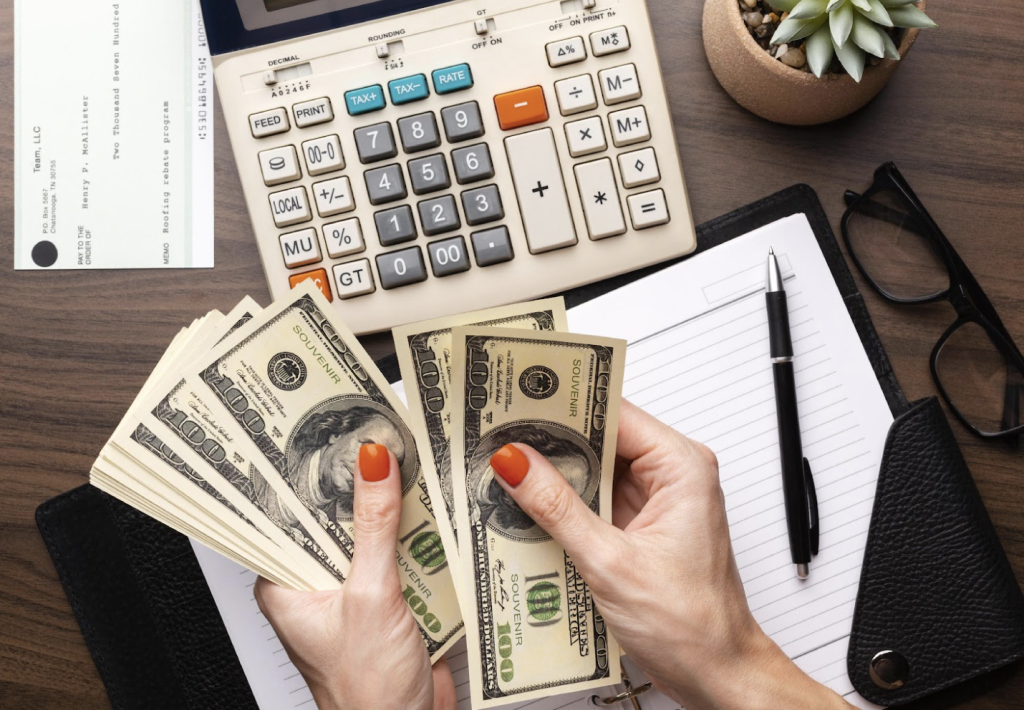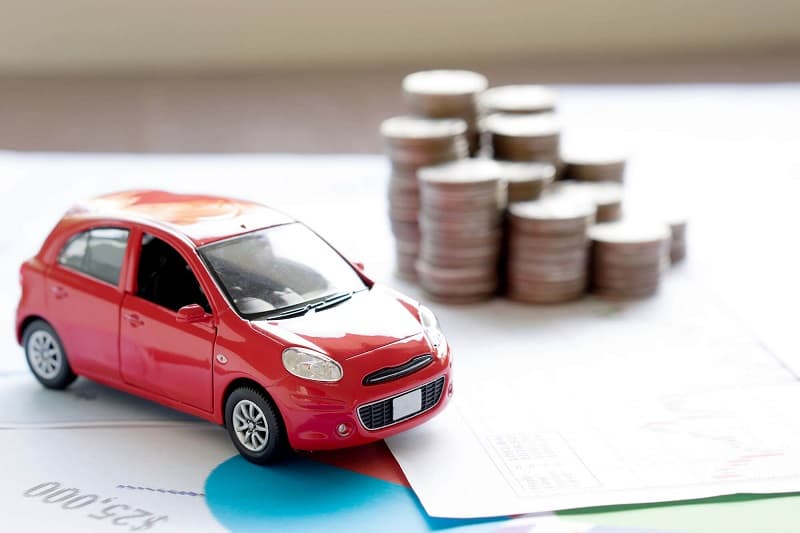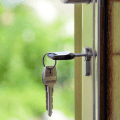Every budget has a breaking point. And for most people, it isn’t five figures deep. It’s a flat tire. A broken water heater. A vet bill on a Tuesday.
Emergency expenses don’t care about your plans. They don’t wait until payday or check your calendar for convenience. They happen when they happen.
But the panic that usually follows? That part isn’t mandatory.
Because with the right mindset (and access to smart tools), financial curveballs don’t have to derail you.
Table of Contents
The Real Cost of Unpreparedness

Photo from Freepik
Let’s get clear: most emergency expenses aren’t huge. They’re inconvenient.
According to a recent survey, 57% of U.S. adults wouldn’t be able to cover a $1,000 emergency from savings. That means one bad day can turn into months of financial stress.
When you don’t have a plan, you pay more. Overdraft fees. Late penalties. Credit damage. Missed work. Stress that trickles into everything else.
Emergency expenses are rarely the end of the world. But not being ready for them? That’s what compounds into chaos.
Flexibility Is the New Financial Stability
In today’s economy, stability doesn’t come from a static savings account. It comes from flexibility and knowing how to move quickly when life demands it.
That’s why entrepreneurs, freelancers, and everyday earners are building systems that give them room to breathe. Emergency funds. Backup cards. And yes, short-term lending solutions that are fast, clear, and dependable.
Platforms like GoDay exist to provide solutions when you need them, not after the damage is done. It’s not about long-term debt. It’s about short-term options that help you maintain momentum instead of falling behind.
How to Prep for the Next Financial Surprise
You can’t predict the next emergency. But you can remove the panic from the equation. Here’s how:
- Know your number
What’s your financial stress threshold? $300? $1,000? Figure out the number that would make your budget wobble, and build your safety net around that. - Create a response plan
Map out what you’d do before the emergency hits. A mix of savings, short-term access to funds, and a fallback budget gives you options. - Vet your tools now
Don’t wait until you’re in crisis to find a solution. Explore trusted lending platforms like GoDay now, so you know exactly what’s available when timing matters. - Stay emotionally neutral
Emergencies are not moral failures. Avoid shame, stay focused, and act with intention. - Recover, then rebuild
After the expense is handled, revisit your system. What worked? What didn’t? Tweak your setup so the next curveball feels even smaller.
Emergency Planning Is a Business Skill—Even for Individuals
If you’re self-employed, side hustling, or just navigating a volatile income stream, you already know: you are the business.
That means your emergency response isn’t just personal finance—it’s business continuity. You can’t afford to let a dead laptop or a dental bill take you offline.
Having fast, reliable access to funds isn’t reckless. It’s responsible.
Final Thought: It’s Not About Fear. It’s About Readiness.
There’s a difference between living in fear of what might happen, and building a system that keeps you calm when it does.
You can’t control when the washing machine breaks or the alternator dies. But you can control your response.
And that difference? That’s the edge.
























